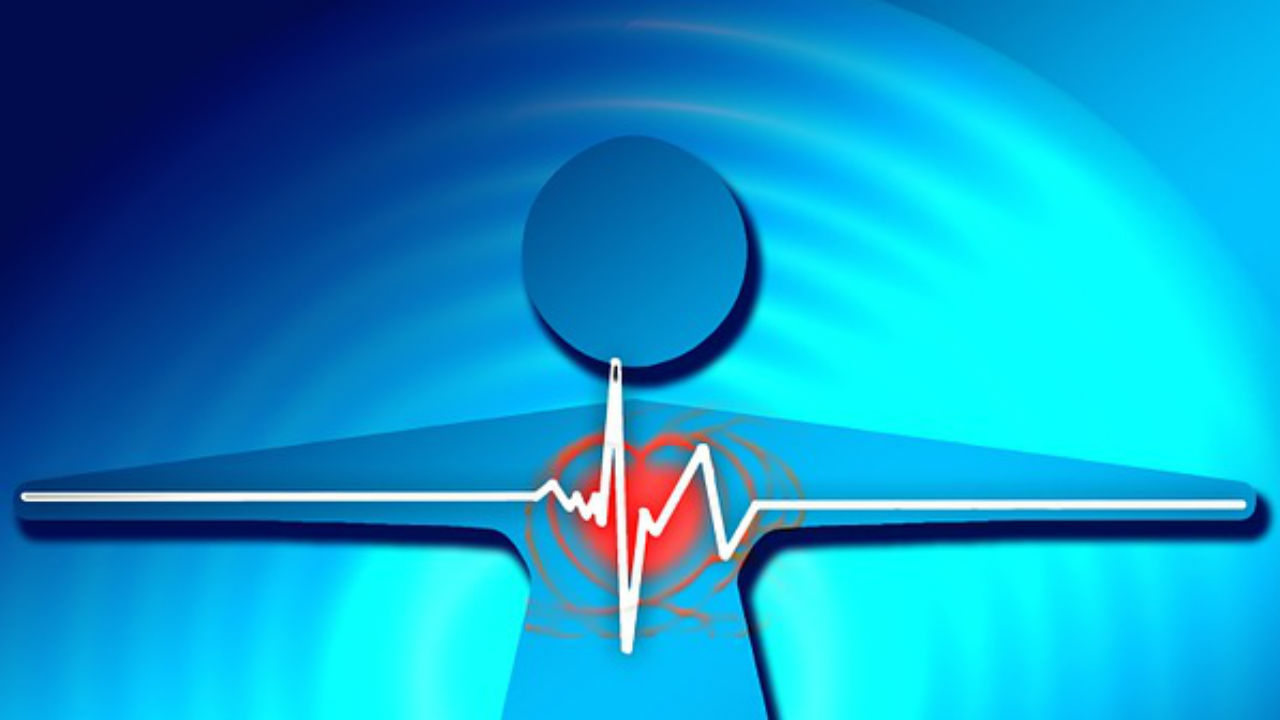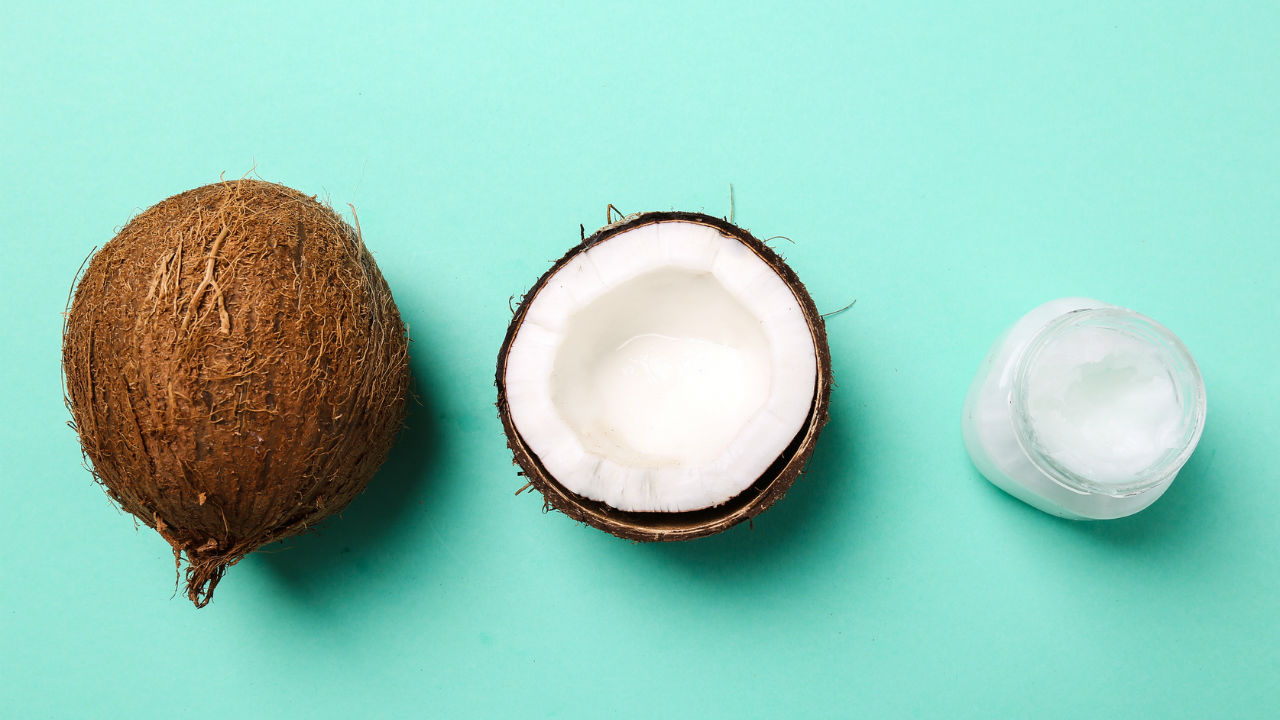had my ablation done last October. The ablation was done for flutter and A-Fib and they were both fixed succesfully. I had no episodes till last Monday, 10 months post-op. I had fast heart 155-160 BPM for 2 hours (that is 2 hrs from when I became aware of having heart race), it would drop to 100-110 for about 2 seconds and shoot back up to 1555-160.
Went to emergency room. By the time they hooked me to an EKG, it stopped. Contacted the Dr. office the nurse ordered a monitor to wear for a month to investigate.
When excercising my heart can only go up to no more than 137 and sometimes 150's. This concerns me! Has anyone else had RHR of 80's to 90's after ablation? Will is stay with you for ever?
The last time I saw my EP was about 6 months ago, (5 months post op). I was told to come back for a follow up a year post op. Alos, I have not been put on any meds for the fast heart rate. No beta blockers or any other meds for the heart.
The nurse is aware of my situation and said I will have to wait and see the doctor after a month, after wearing the monitor so he knows what is going on. But, I am still very curious and concerned and would appreciate your help!!
Kathy
All user-generated information on this site is the opinion of its author only and is not a substitute for medical advice or treatment for any medical conditions. Members and guests are responsible for their own posts and the potential consequences of those posts detailed in our Terms of Service.





Add a Comment9 Comments
Hi
I had ablation as well as valve repair surgery 6 months ago. I too have had a resting heart rate since of usually 80-100. 80-90 during the day but it seems to go higher when I sleep or lie down.
I had been taking Cardizem before surgery
( nasty nasty drug) which kept my then heart rate under control .....which would go into the 140s when not medicated
In the end everyone is different but as the other woman said 80-90 heart rate is still within normal limits for resting although over 100 isnt
Ablation doesnt seem to cure everything,but perhaps can help to some extent. Right now Im off the Cardizem which is fabulous. Cardiac drugs are All Horrible.
This is all new to me so dont know how things pan out in the end. They told me it can take up to a year for the ablation to take full effect
Lots of question marks. Its all a work in progress. I still dont have my former stamina
Wish you much healing
Kris
January 4, 2016 - 2:34amThis Comment
I had a convergent ablation on January 31, 2014. It cured my atrial fibrillation. I have had high blood pressure for years and had taken lisonopril. I was taken off lisonopril and put on sotalol and everything was fine. Then I was taken off sotalol and started taking lisonopril again. My blood pressure and pulse (80+bpd) was higher. I read that recent studies indicate that the higher the pulse rate the greater risk of death. The old 60/100 bpm may be misleading especially over 80. I am going back to sotalol.
July 8, 2014 - 7:59amThis Comment
Hello,
October 16, 2011 - 9:52pmSorry about the delayed response. I am the one who started this tread. I finally saw my doctor a couple weeks ago. Since I had side effects with Rythmol and Diltiazem (shortness of breath), my doctor wanted me to take it as a pill in the pocket on the onset of the irregularities. I have had a couple, lasting 3 hours and the other 8 hours. It takes a while, but finally brings is under control. He is not able to tell this time which side of my heart the issue is coming from. I don't how long I can take this. All I know is that I never had this long of episodes before the ablation. But, now it is less tense even though I still have rates above 160, it does not fluctuates as often as it did before the ablation. So, it is easier to tolerate, as I feel every bit of irregularity.
Also, before the ablation, I always had blood pressures of over 130 80's. Now that my issues have started again, my blood pressure is 110/60,s-70. Although I am not able to check the blood pressure when I have irregularities. My resting heart rate is now is high 80's and 90's. (before ablation it was in 70's). The doctor does not seem to be concerned with that. I don't like to take meds too often, so if this pill in the pocket thing works It may be better than being on meds on daily basis.
Know that the meds, specially the heart meds have lots of side effects, and your symptom may very well be a side effect of your meds.
I usually feel very tired and worn out the day after my episodes as well.
This Comment
That gives me a peace of mind!! Thank you.
August 23, 2011 - 9:16amJust wasn't sure the continous faster rates can be of concern in long run!!
Thanks.
This Comment
I am into my eighth month post ablation and still have not dropped below average of 96bpm, and this is WITH beta blockers. I tried for one 24hr period to stop taking them...huge mistake, I thought I was going to die...my heart was pounding so hard I could literally feel nothing else but the pounding of my chest. Of course I immediately took one of my beta blockers and once it began to work thanked the Gods for my 98 bpm... The thought of being on pills for the rest of my life does not thrill me, as a matter of fact, I'd almost rather have the WPW symptoms back...
What I'd like to know is, am I always going to feel miserably tired? I've gained so much weight since the procedure and feel too tired to do much more than just get through my day...
October 7, 2011 - 5:06pmThis Comment
Anon,
Have you talked to your doctor about the increase in fatigue and weight gain? What medications are you on currently?
-Rosa
October 9, 2011 - 1:59pmThis Comment
Thanks for your reply Rosa. It is an event monitor and I am to wear it for a month. As we don't know how often this may happen. But, it will only auto record the 150+BPM or 40- and irregular heart beats.
August 23, 2011 - 8:59amI will have to manually record anything in between, that is assuming I feel the problem.
One of my biggest concerns is the resting heart rate. I am wondering if it is safe to have RHR of 80's to 90's, without any meds!!
This Comment
Hi Anon,
Tachycardia is anything above 100 BPM, so if your resting heart rate is 80-90 then you are still under the normal Resting Heart Rate.
Rosa
August 23, 2011 - 9:08amThis Comment
Hi Anon,
I believe what your doctor ordered for you to wear is called a Holter Monitor which can be worn for a minimum of 24 hours, but can be worn for weeks at a time if your doctor wants better information. Usually, with the holter monitor you should have a diary of the things you're doing when you have a raise in HR to determine what's causing the bouts of tachycardia.
Continue to wear it and log your activity, I know you want answers right away but the best and more accurate way to determine the cause of your symptoms is to follow exactly what your doctor has prescribed.
Best wishes,
Rosa
August 23, 2011 - 8:50amThis Comment